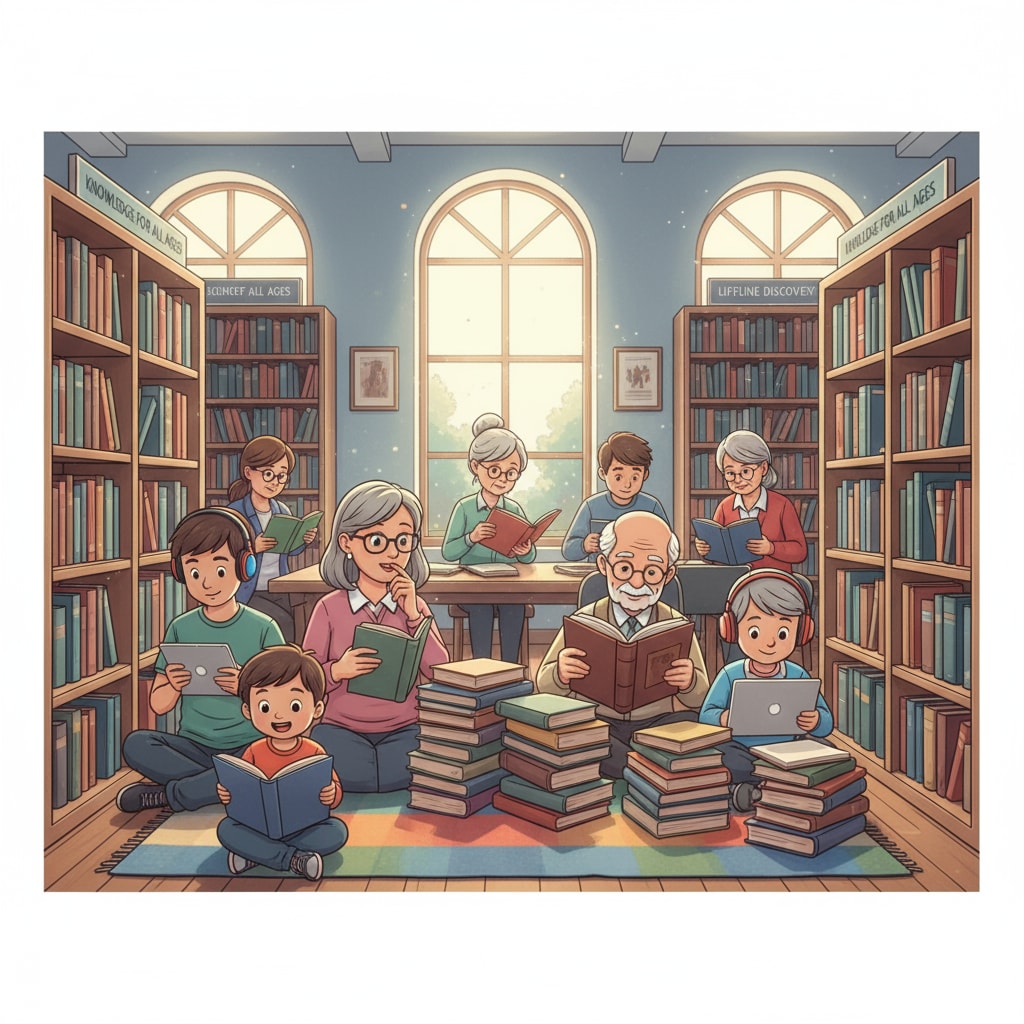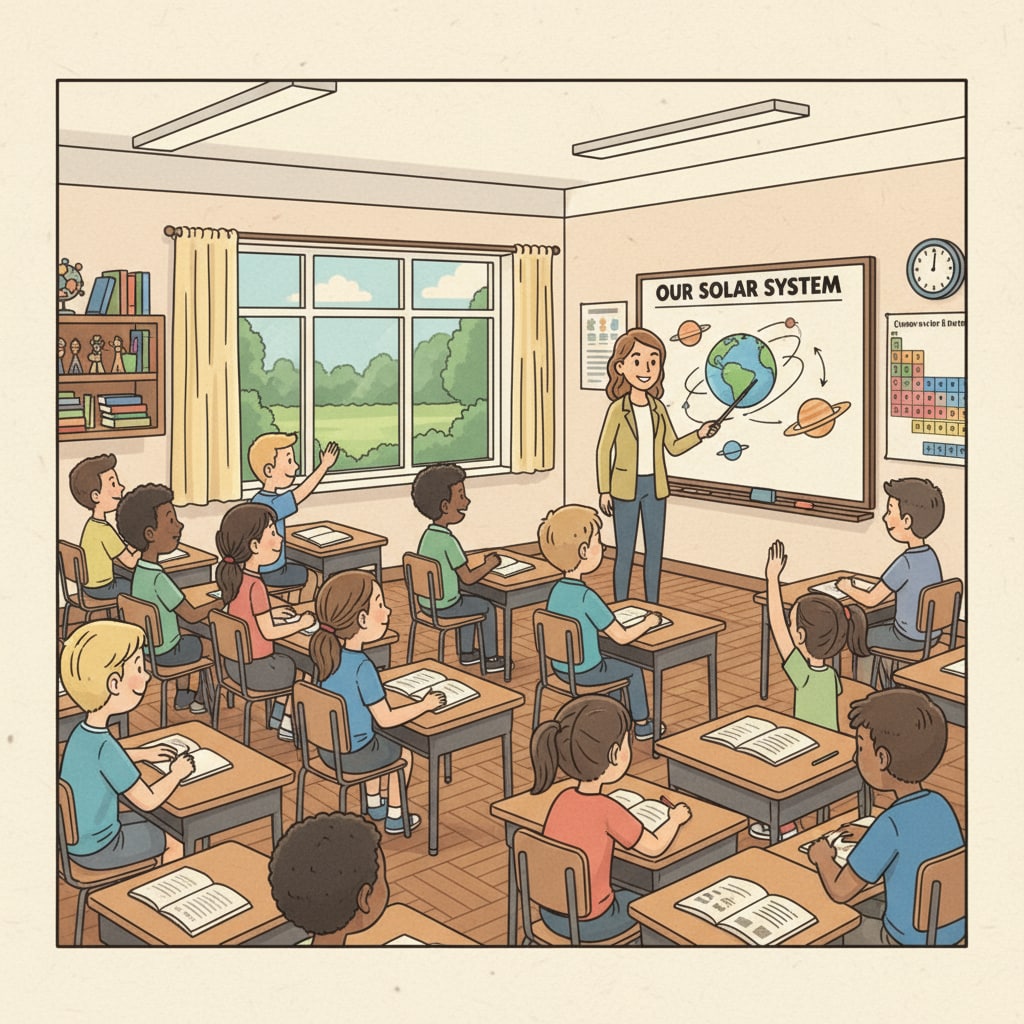Lifelong learning, formal education, and cultural awareness are integral aspects of our educational journey. In today’s rapidly evolving world, the traditional boundaries of education are being challenged, and the need for continuous learning is more crucial than ever. While formal education provides a solid foundation, it has its limitations. Lifelong learning, on the other hand, offers the flexibility and adaptability required to thrive in an ever – changing society.

The Constraints of Formal Education
Formal education, especially within the K12 system, has a structured curriculum. It aims to provide students with a broad range of knowledge in various subjects such as math, science, language arts, and social studies. However, this system often follows a one – size – fits – all approach. For example, students are expected to learn at a set pace, regardless of their individual learning styles or interests. According to Formal education on Wikipedia, this standardized model may not fully cater to the diverse needs of every student. In addition, the focus in formal education is often on rote memorization and exam performance rather than deep understanding and practical application of knowledge.

The Significance of Lifelong Learning
Lifelong learning is the continuous process of acquiring knowledge, skills, and attitudes throughout one’s life. It goes beyond the classroom and is not restricted by age or educational background. For instance, an adult can take up a new language, learn a musical instrument, or study a new field of science. Lifelong learning allows individuals to stay relevant in the job market. As technology advances and industries change, those who engage in continuous learning are more likely to adapt and find new career opportunities. Cultural awareness also plays a vital role in lifelong learning. By exposing ourselves to different cultures, we expand our perspectives and become more empathetic global citizens. As stated in Lifelong learning on Britannica, lifelong learning enriches our personal and professional lives.
To truly embrace the concept of lifelong learning, we need to break free from the constraints of traditional education mindsets. We should view learning as a journey, not a destination. This means being open – minded, curious, and willing to take risks. In our pursuit of knowledge, we can learn from various sources such as online courses, workshops, and real – life experiences. By doing so, we can build a more inclusive and continuous learning culture that benefits both individuals and society as a whole.
Readability guidance: In this article, we have explored the limitations of formal education and the significance of lifelong learning. We’ve seen how cultural awareness is intertwined with these concepts. By understanding these aspects, we can better navigate our educational paths and contribute to a more learned society. Using short paragraphs and clear headings, we’ve made the content accessible. We’ve also incorporated external links to reliable sources to provide more in – depth information.


